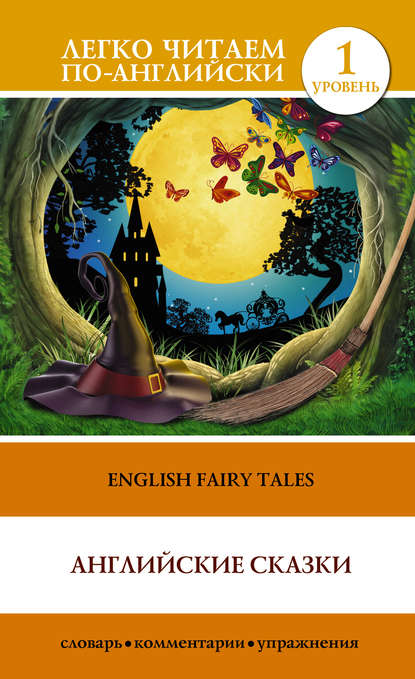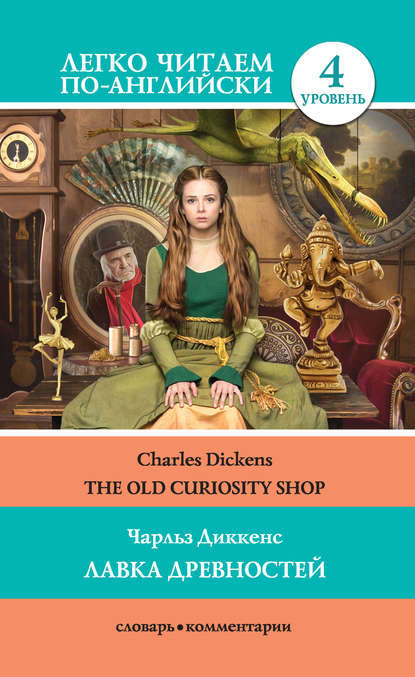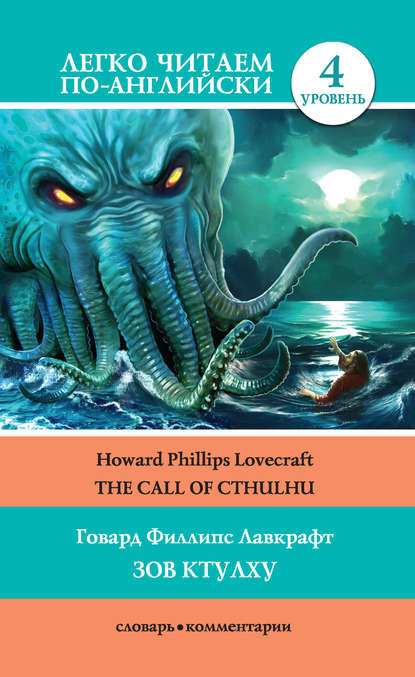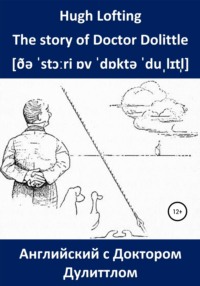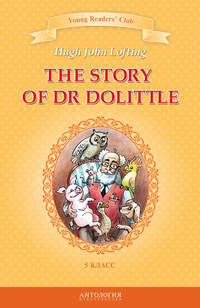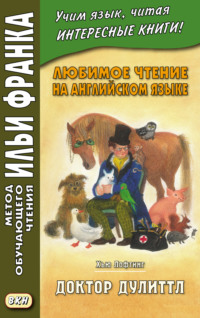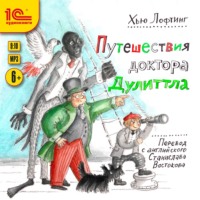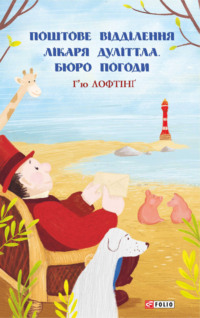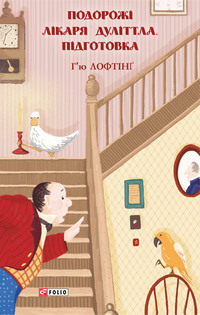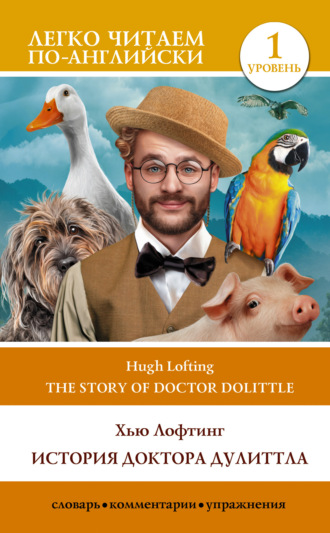
Полная версия
The Story of Doctor Dolittle / История Доктора Дулиттла. Уровень 1

Хью Лофтинг / Hugh John Lofting
The Story of Doctor Dolittle / История Доктора Дулиттла. Уровень 1

© Смирнова А. И., адаптация, упражнения, словарь, 2023
© ООО «Издательство АСТ», 2023
The First Chapter
Puddleby
Once upon a time, many years ago, when our grandfathers were children, there was a doctor. His name was John Dolittle and he was a proper doctor who knew a lot.
He lived in a little town called, Puddleby-on-the-Marsh. All people in the townknew him well by sight[1]. Whenever he walked down the street in his high hat everyone would say, “There goes the Doctor! He’s a clever man.” And the dogs and the children would all run up and follow behind him. Even the crows from the church-tower would caw greeting him[2].
He lived in a small house on the edge of the town. Though the house was small, there was a large garden with a wide lawn and stone seats. His sister, Sarah Dolittle, was housekeeper for him; but the Doctor looked after the garden himself.

He loved animals and kept many kinds of pets. He had rabbits in the food closet, white mice in his piano, a squirrel in the linen closet and a hedgehog in the cellar. In the pond at the bottom of his garden, he had a gold-fish. He had a cow with a calf too, and an old horse. He also had chickens, and pigeons, and two lambs, and many other animals. But his favorite pets were Dab-Dab the duck, Jip the dog, Gub-Gub the baby pig, Polynesia the parrot, and the owl Too-Too.
His sister did not like all these animals and said they made the house untidy. One day when an old lady with pain in her joints visited the Doctor, she sat on the hedgehog who was sleeping on the sofa. She never came to see the doctor after that. The lady chose to drive every Saturday to another town and see a different doctor rather than to visit a house full of animals.
Then his sister, Sarah Dolittle, came to him and said,
“John, how can you expect sick people to come and see you when you keep all these animals in the house? Your room is full of hedgehogs and mice! That’s the fourth person who left because of that. Some say they wouldn’t come near your house again—no matter how sick they are. We are getting poorer every day. If you go on like this, none of the best people will have you for a doctor.”

“But I like the animals better than the ‘best people’,” said the Doctor.
“You are ridiculous,” said his sister, and walked out of the room.
So, as time went on, the Doctor got more and more animals; and the people who came to see him got less and less. At last, there was only one person left. It was a meat seller, who didn’t mind any kind of animals. But he wasn’t very rich and he only got sick once a year, at Christmas-time. Every visit he paid the doctor sixpence for a bottle of medicine.
Sixpence a year wasn’t enough to live on. He had some saved up money in his money-box and that helped him for a while. But he kept on getting more pets and it cost a lot to feed them. And the money he had saved up grew littler and littler.
Then he sold his piano and let the mice live in a drawer. But the money he got for that too began to go. Then he sold the brown suit he wore on Sundays. And so he went on becoming poorer and poorer.
Now, when he walked down the street in his high hat, people would say, “There goes John Dolittle! There was a time when he was the best doctor in the West Country. Look at him now. He has no money and no good clothes left!”
But the animals and the children still ran up and followed behind him just as like when he was rich.
The Second Chapter
Animal Language
One day the Doctor was sitting in his kitchen and talking with the meat seller. He came to see him with a stomach-ache.
Конец ознакомительного фрагмента.
Текст предоставлен ООО «Литрес».
Прочитайте эту книгу целиком, купив полную легальную версию на Литрес.
Безопасно оплатить книгу можно банковской картой Visa, MasterCard, Maestro, со счета мобильного телефона, с платежного терминала, в салоне МТС или Связной, через PayPal, WebMoney, Яндекс.Деньги, QIWI Кошелек, бонусными картами или другим удобным Вам способом.
Примечания
1
knew him well by sight– знали его в лицо
2
caw greeting him– каркали, приветствуя его


